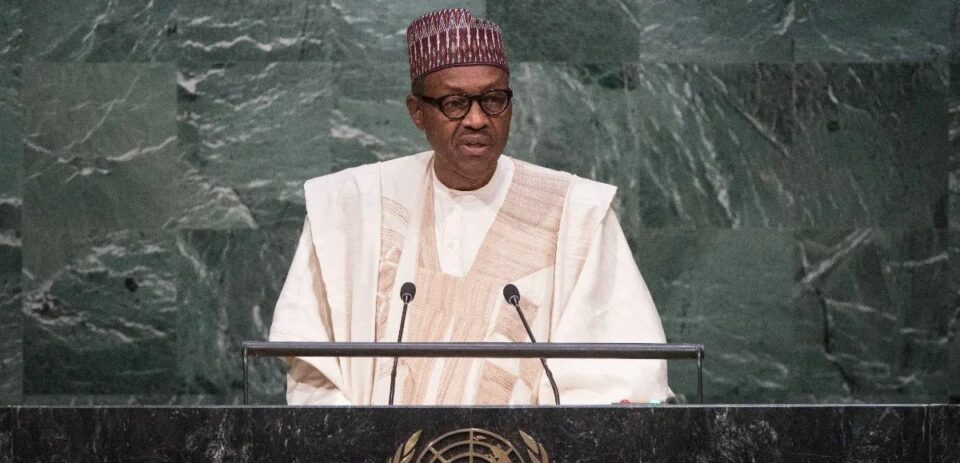

On July 15, 2025, Nigeria came to a standstill. By presidential decree, the day was declared a national holiday across the country. A solemn, imposed pause in honor of former president Muhammadu Buhari, who had died two days earlier. Behind this official mourning, an entire era is being laid to rest.
The sun rose over a silent Nigeria. Schools closed, offices locked, flags at half-mast: on that Tuesday, July 15, not a single honk, no calls to prayer, not even the usual market clamor disturbed the heavy calm of a nation in mourning. In a rare moment of national unity, President Bola Tinubu’s government declared a public holiday and seven days of national mourning to honor Muhammadu Buhari former military ruler turned elected president an austere but central figure in Nigeria’s modern history.
Buhari passed away in London on July 13, at the age of 82. His body was flown back to Daura, his hometown in Katsina State, where he was buried with full military honors and Islamic rites. A 21-gun salute echoed as the army, political class, and a dense crowd of citizens paid their last respects to a man whose path shaped the fate of over 200 million Nigerians.
The authorities were not merely honoring a former leader; they were making a statement. This rare national holiday stands as an official and calculated acknowledgment of a complex legacy. While Buhari is praised for his anti-corruption stance and tough policies against Boko Haram, he remains criticized for authoritarian tendencies, a troubled economic record, and human rights concerns. By halting the country, Tinubu offered a moment of silence to a figure who never truly ruled by consensus.
On July 15, memory took center stage: a tribute carved into the stillness of a work-free, noise-free, detour-free day.
Buhari’s image stern, upright, unflinching continues to haunt the collective conscience. The silence declared that day may not only have been one of mourning, but also of the unanswered questions left behind.
Joseph Kabuye , Correspondent , Kampala




